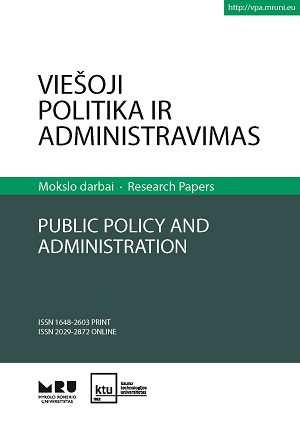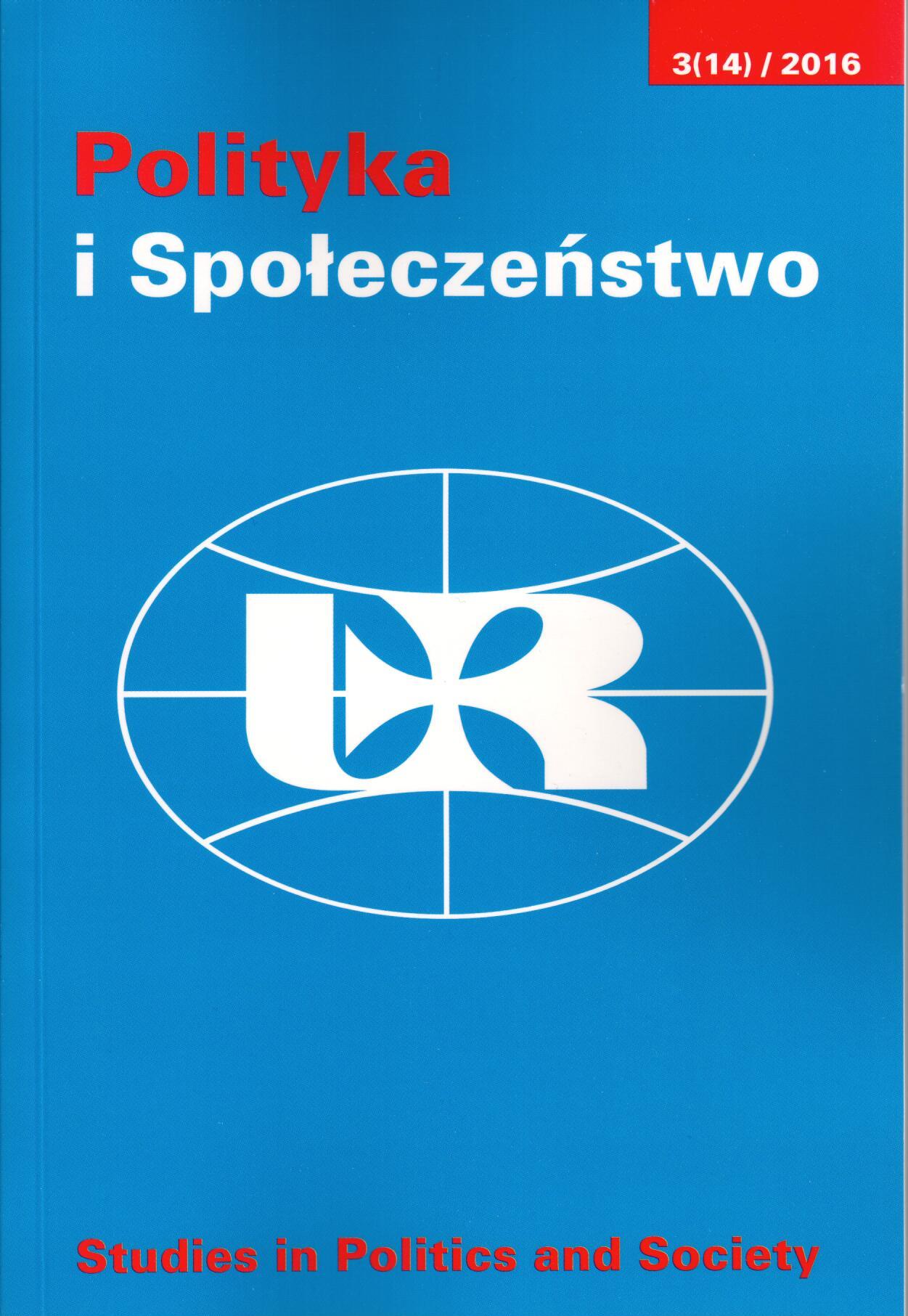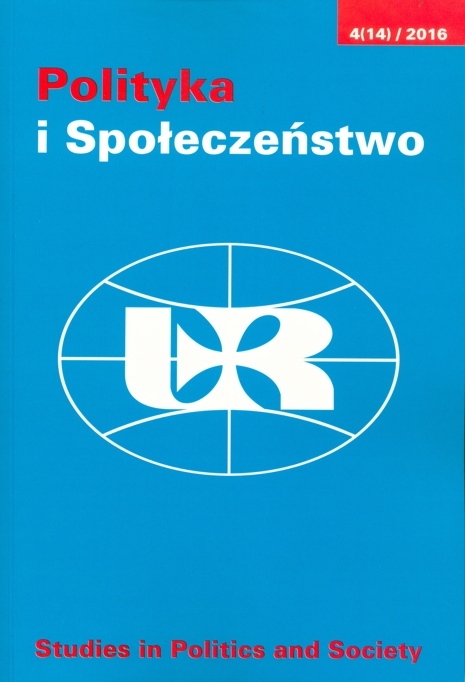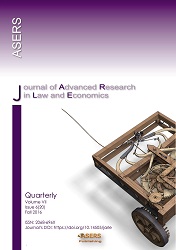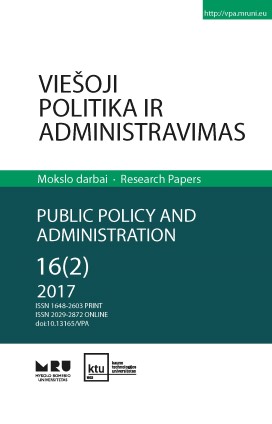Contemporary Challenges Facing Local Government
The theme of this paper deals with the idea of leadership implementation in the public service as a challenge for the public administration system. Leadership plays an important role in the system of government because it involves two aspects of the required administrative reform, namely: change and people. Changing public institutions represents changing the mentalities and the behaviour of employees, which means that institutions passing through reform need leadership. The leaders of public institutions can help promote and maintain new values that are necessary for a successful public sector reform. To streamline the administrative reform, public leadership clearly includes the heads of central public administration and political leaders. In this regard, depending on the implemented programs, we can discuss about a successful reform in public administration or an organizational standstill. As a conclusion, this article will focus on several issues related to the implementation of leadership in the public service as a challenge for public institutions.
More...

